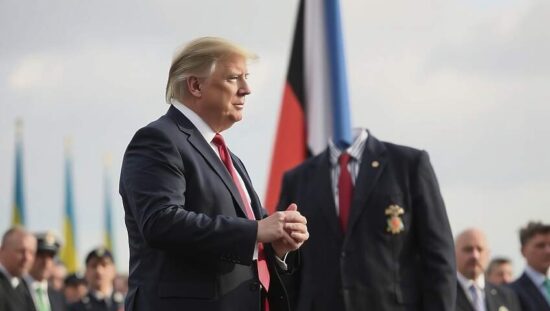Ivan Krastev, a Permanent Fellow at the Institute for Human Sciences and the President of the Centre for Liberal Studies in Sofia, has compared the Trump administration’s handling of Russia to West Germany’s Ostpolitik in the 1970s. “Like Germany back then, Trump today acts as if he understands Russia better than anyone else” Krastev told Stern. “And like the Germans did then, he sees economic incentives as the key to everything.” Trump views the negotiations for a solution in Ukraine as a means to business deals between the US and Russia, for example in the Arctic.
This revolutionary shift in the relationship between Washington and Moscow presents the US’s NATO partners with similar epochal challenges as those faced by the states of the Warsaw Pact during the collapse of the Soviet Union, according to the political scientist.
In the impact of his policies, the current US President is comparable to the Soviet President Mikhail Gorbachev. “Gorbachev realized: to change his country, he had to change the world order. So does Trump” said Krastev. He therefore believes that we should view the Trump administration as a revolutionary government.
The Trump revolution, in Krastev’s view, puts Germany in an identity crisis because the successful departure from militarism towards pacifism after World War II is now seen as a security risk. The challenge for Western democracies is to “recognize opportunities where others only see risks.”
The designee for the new Chancellor of Germany, Friedrich Merz (CDU), is, according to the political scientist, somewhat indebted to Donald Trump. “Imagine if Germany had announced billion-dollar military spending without Trump in the White House. Most neighboring countries would have flipped out” Krastev said. “Now, however, Merz can get things done that were just deemed impossible before.





